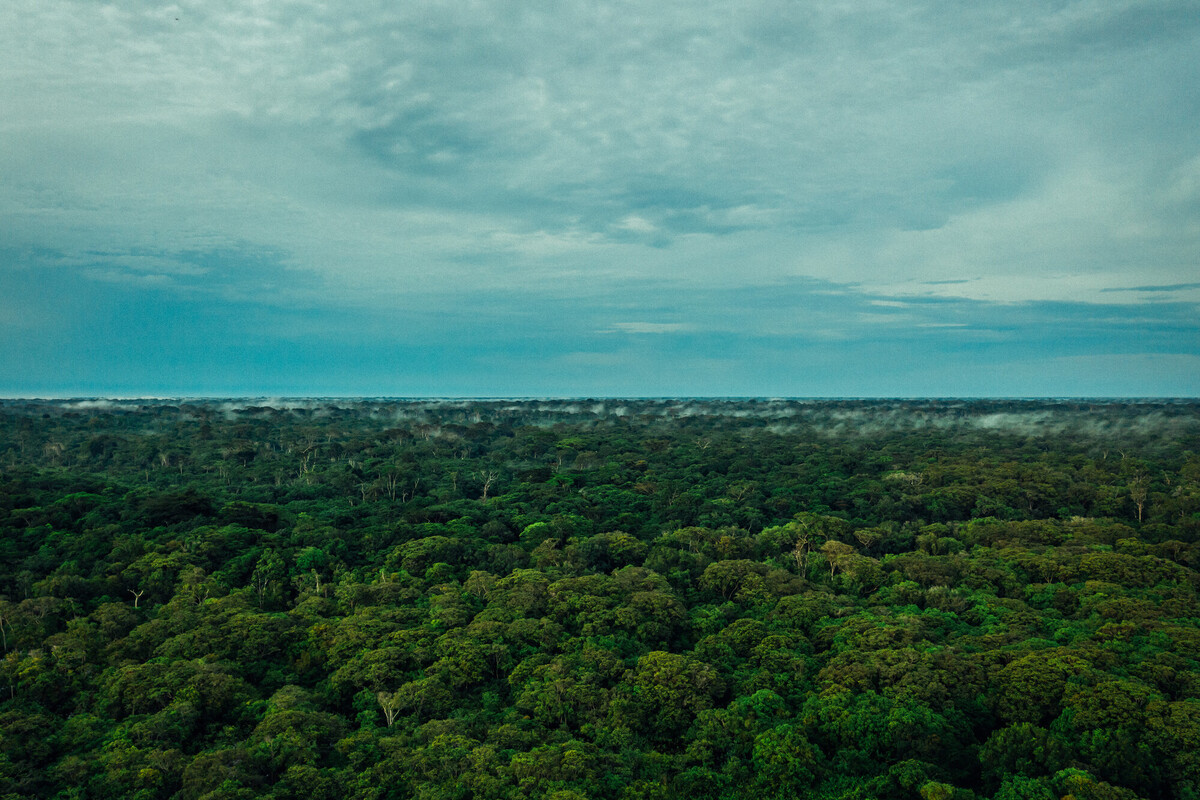
Nature Scientific Reports recently published a collaborative research paper, which introduces the ‘Baseline Allocation for Assessed Risk (BAAR) Method’, led by our partners at Wildlife Works and co-authored by an Everland scientist.
The paper introduces BAAR as a groundbreaking method for mapping deforestation risk in REDD+ projects, using the Democratic Republic of Congo (DRC) as an example for the basis for jurisdictional baseline setting.
The implementation of REDD+ projects as a Nature-Based Solution (NBS) strategy is crucial for protecting at-risk forests through the sale of verified emission reductions, or carbon credits.
However, controversy over the reasonableness of baseline scenarios has threatened the viability of these projects – that’s why transparent, reproducible methods like BAAR offer a clearer picture of project impacts and provide a solid foundation for investment decisions.
At Everland, we are deeply committed to environmental conservation, which is reflected in this work. Below are the top takeaways from our study.
REDD+ projects aim to mitigate greenhouse gas emissions by preventing deforestation. A crucial component of these projects is the baseline, which estimates how much deforestation would have occurred without the project’s intervention. Establishing an accurate baseline is essential for measuring the project’s success and ensuring that emission reduction claims are credible.
As REDD+ projects are increasingly being integrated into broader national (or jurisdictional) programs, known as ‘nesting,’ it becomes imperative to standardize how these baselines are calculated. Standardization ensures that local projects align with national/jurisdictional REDD+ strategies and broader climate goals. This alignment is achieved by allocating baselines to each project using regional or national deforestation rates and emissions caps, referred to as Forest Reference Emission Levels (FRELs).
The study introduces a new method called Baseline Allocation for Assessed Risk (BAAR). BAAR allocates deforestation baselines to projects by predicting future deforestation risk based on the proximity to existing deforestation hotspots and the size of these hotspots. This innovative approach ensures higher baseline deforestation rates are allocated to REDD+ projects facing higher future deforestation risks.
The use of BAAR allows governments and stakeholders to focus REDD+ funding and efforts on areas most in need of protection. This targeted approach makes these projects more effective in preventing deforestation, thereby maximizing their contribution to reducing greenhouse gas emissions and combating climate change.
Jeremy Freund is the Chief Technical Officer of Wildlife Works. He received his Bachelor’s Degree in Aerospace Engineering from the University of Colorado Boulder and his Master’s Degree in Physical Geography from The University of California Santa Barbara. He has played a key role in creating and implementing foundational methodologies for Avoided Deforestation REDD+ projects since the market’s inception.
Dr. Maren Pauly is Everland’s Director of Evaluation and Research and holds a PhD in Natural Sciences from the Free University of Berlin.
Will Gochberg received his PhD in political science from the University of Washington, Seattle and is Wildlife Works Technical Climate Policy Analyst.
Emily Dangremond holds a PhD in Integrative Biology from the University of California, Berkeley and is Scientific Writing Manager for Wildlife Works.
Mike Korchinsky is the Founder and President of Wildlife Works. With a BSc in Chemical Engineering from the University of Birmingham, Mike has applied his problem-solving engineer’s mindset to tackle the issues of global deforestation, and has 15+ years experience in creating and implementing foundational methodologies for Avoided Deforestation REDD+ projects since the market’s inception.